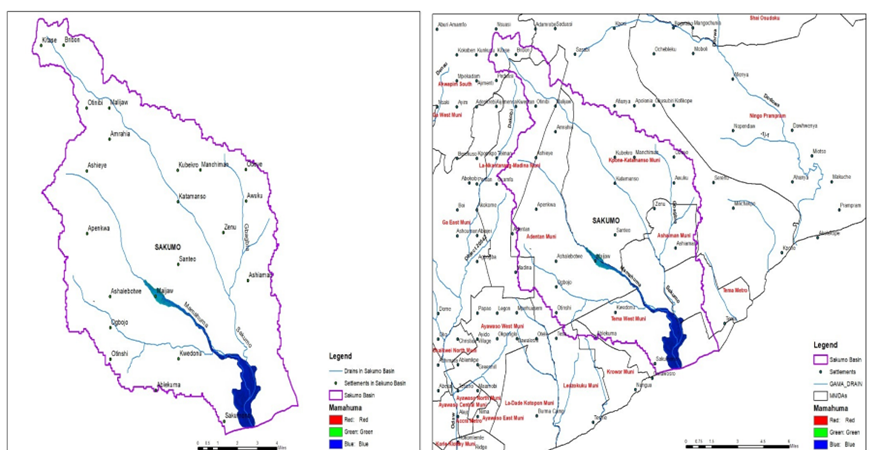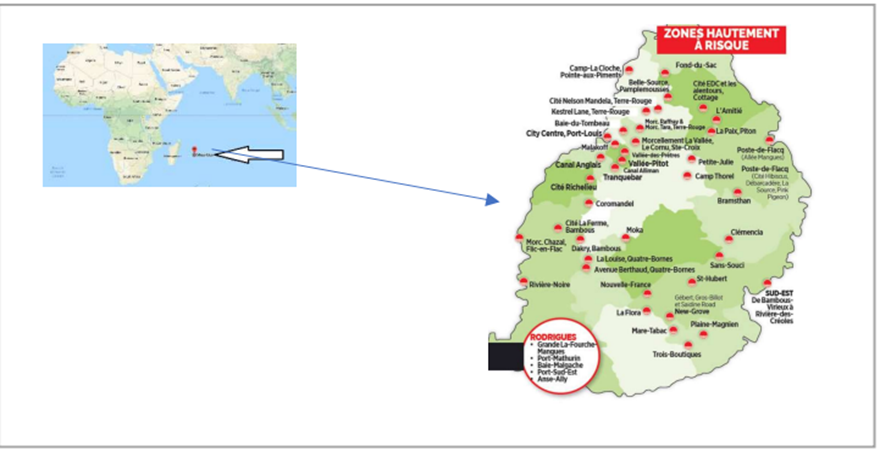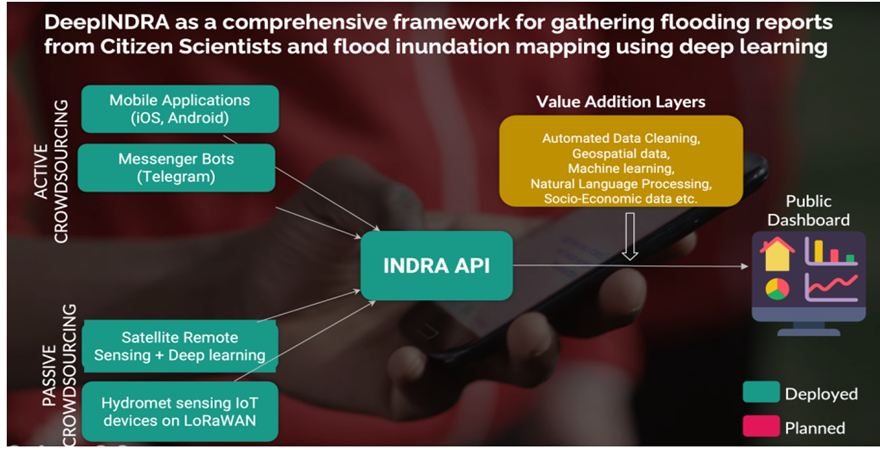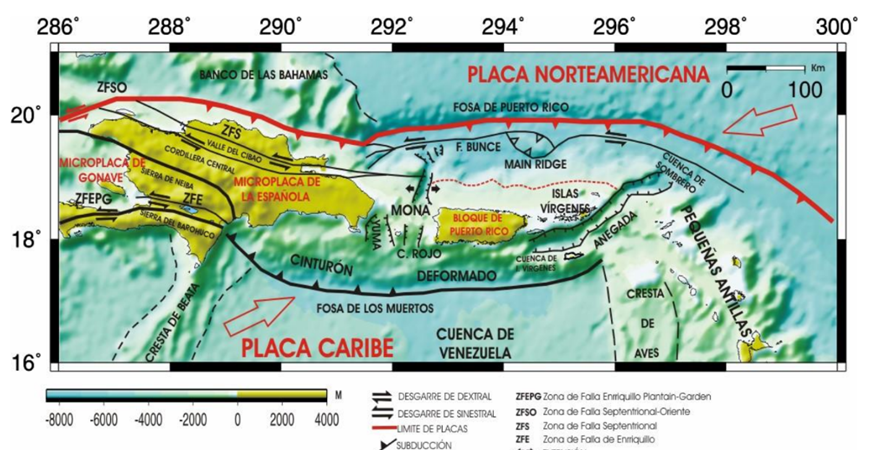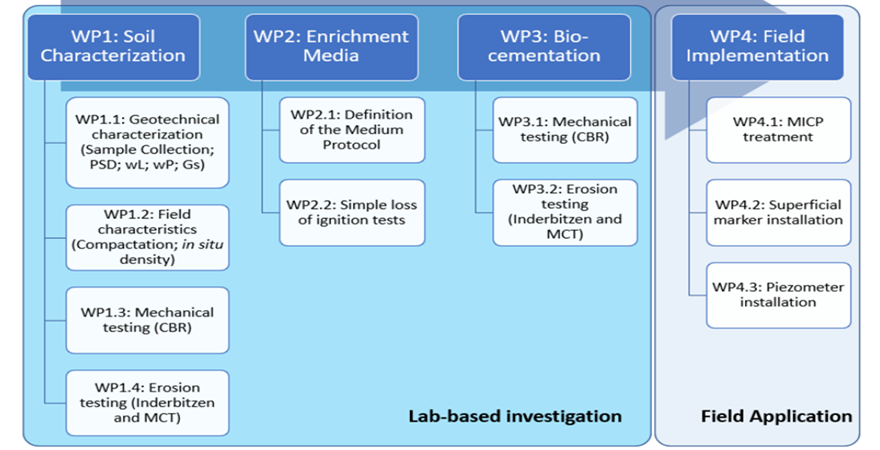- +91-11-4044-5999
- info@cdri.world
-
Copernicus Marg, New Delhi, INDIA
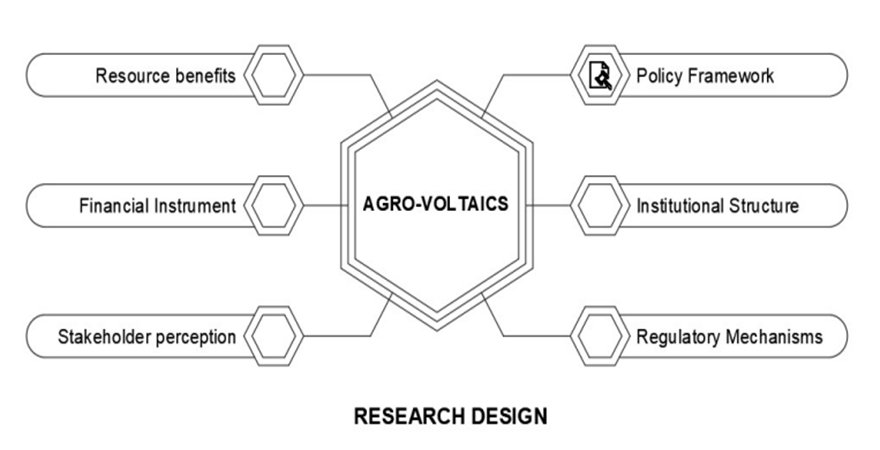
Framework for establishing Agro-voltaic system for regional energy security
Dr Sameer Deshkar , Ms Shreya Joshi , Mr Makarand Lokhande, Dr Rajashree Kotharkar
Visvesvaraya National Institute of Technology, Nagpur, India
Dr Bijon Kumer Mitra
Institute for Global Environmental Strategy
Research problem: Resilience of energy infrastructure systems is critical to ensure the disaster resilience of communities (IPCC, 2022). Harnessing renewable energy to support conventional systems, therefore, becomes paramount. Recent developments in large-scale renewable energy generation, although offering huge potential, require an extensive assessment for practical implementation.
Innovation/novelty: Establishing a synergy between agriculture and solar farms (Agro-voltaics) for extensive solar energy generation is lately gaining popularity in India. Although agro-voltaics promise multiple benefits including energy security, its validation and implementability at the grassroots are still in nascent stages.
Proposed solution: A multi-pronged approach for addressing regional energy security through Agro-Voltaic systems, defining appropriate interventions for integration of solar farms with croplands based on policy and regulatory frameworks, institutional structures, financial mechanisms, land use planning, stakeholder perceptions, and community willingness.
Research Methodology: Initial phase of the study would focus on synthesis of existing systems and experiences with agro-voltaics , followed by a detailed calculation and feasibility evaluation for implementing agro-voltaics in the case study region through stakeholder consultation, simulation, mapping, and willingness assessment, finally arriving at the framework for implementing agro-voltaic systems.
Practical application and implications: This research will guide the local bodies into taking appropriate short and long-term actions to aid renewable energy integration into the infrastructure systems for resilient communities. It further establishes an assessment matrix for implementation of agro-voltaic installations based on technical, financial, landuse policy and institutional feasibility.
Assumptions: The research assumes that there will not be any climatic variations beyond the average conditions and that the solar potential will not fluctuate towards the negative end over the case study area. General standards would be referred to for the efficiency, dimensions, and quality of commonly used solar panels.
Scope and limitations: Although the scope of this research is restricted to the case study region of Nagpur Metropolitan Area (NMA), the derived matrix can be modified and replicated at various scales. However, data availability can be considered a significant limitation of the research.
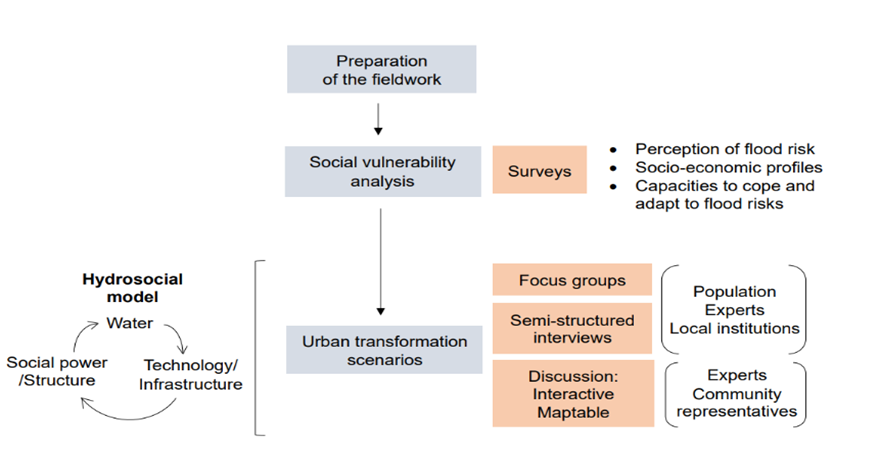
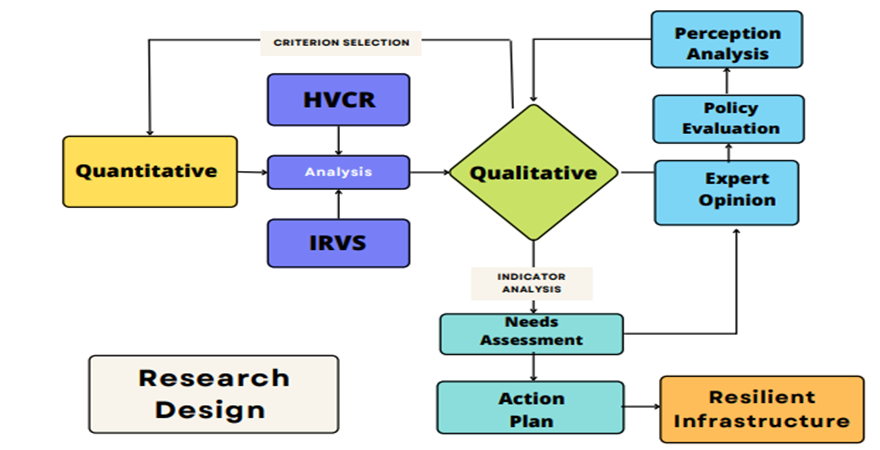
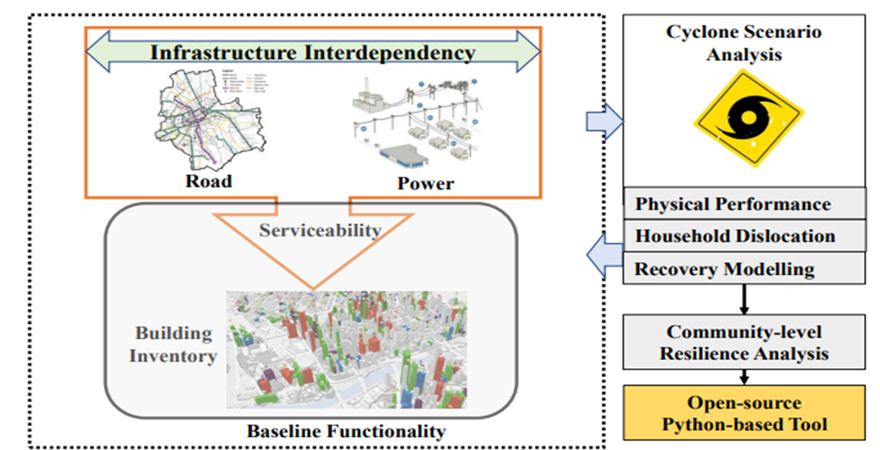
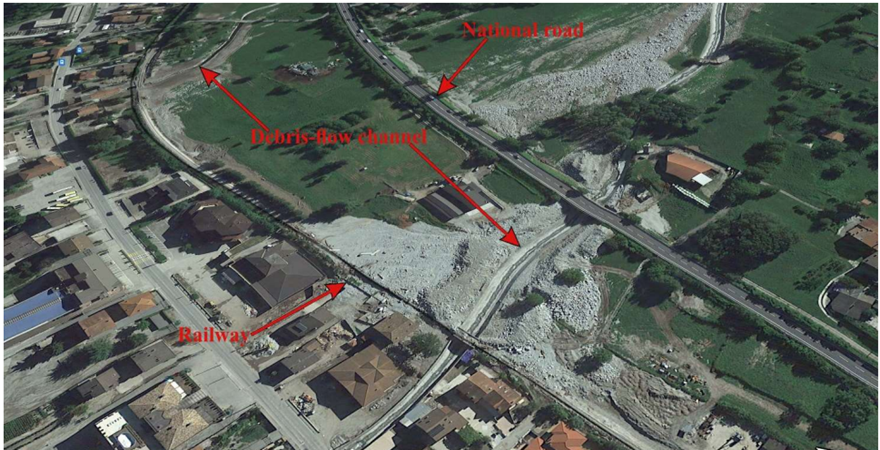
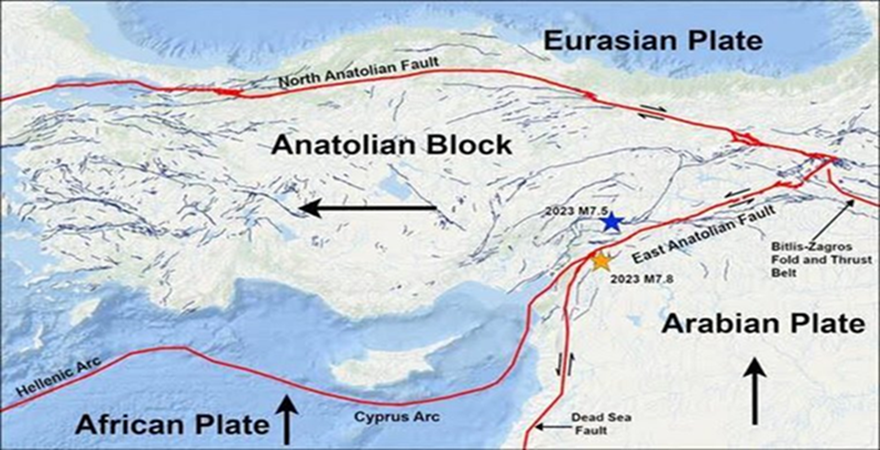
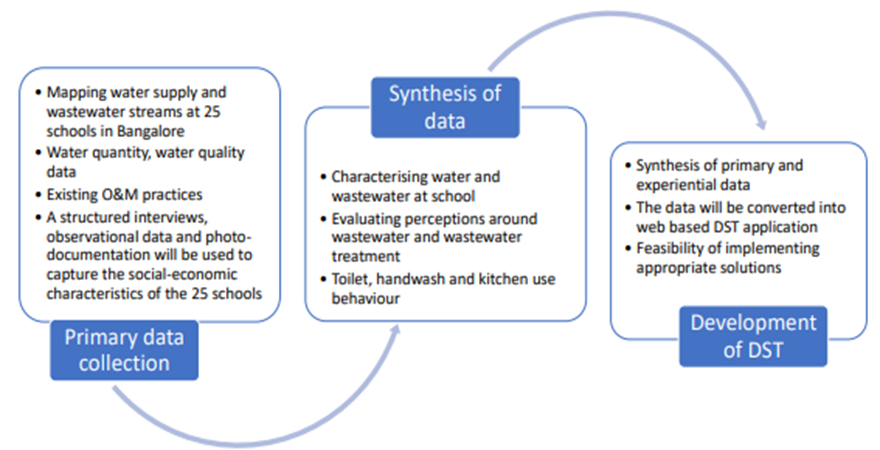
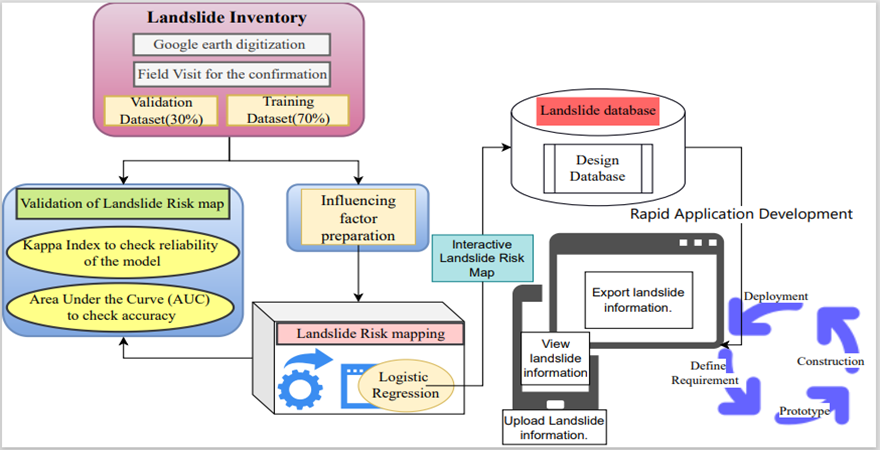
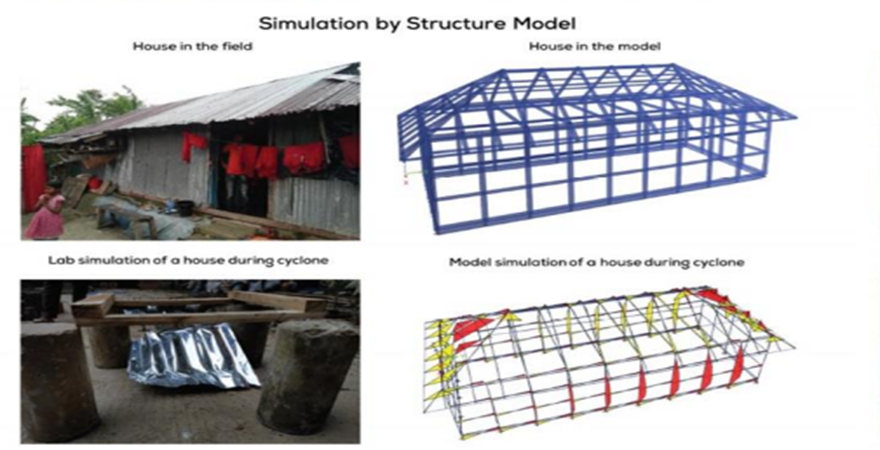
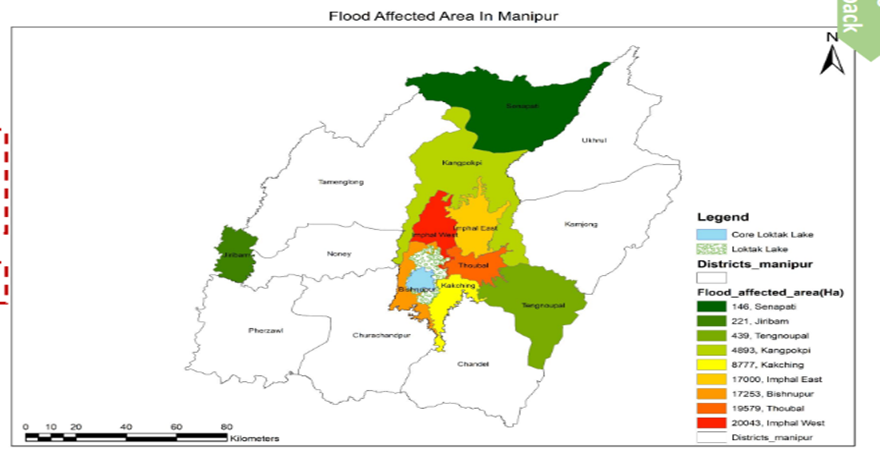
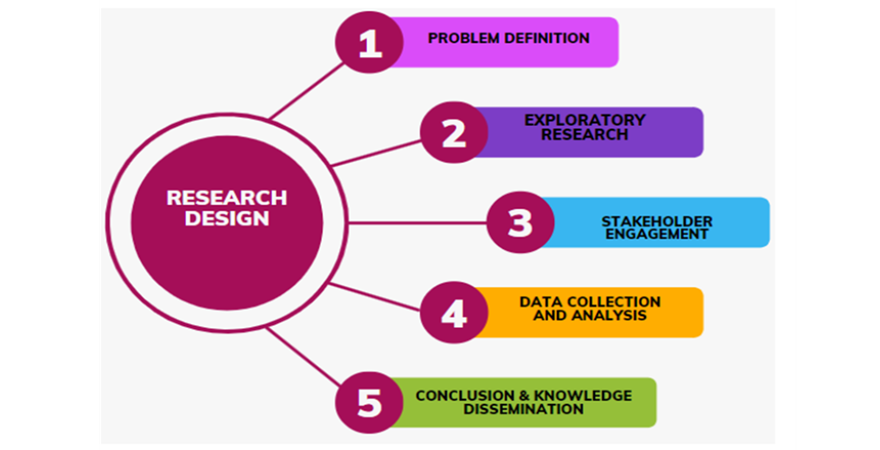
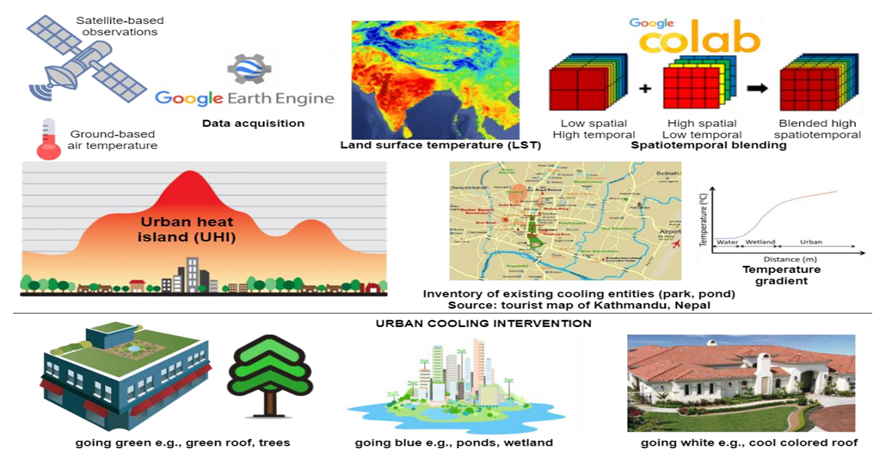
 mainstreaming inclusion of persons with disabilities in disa.png)
